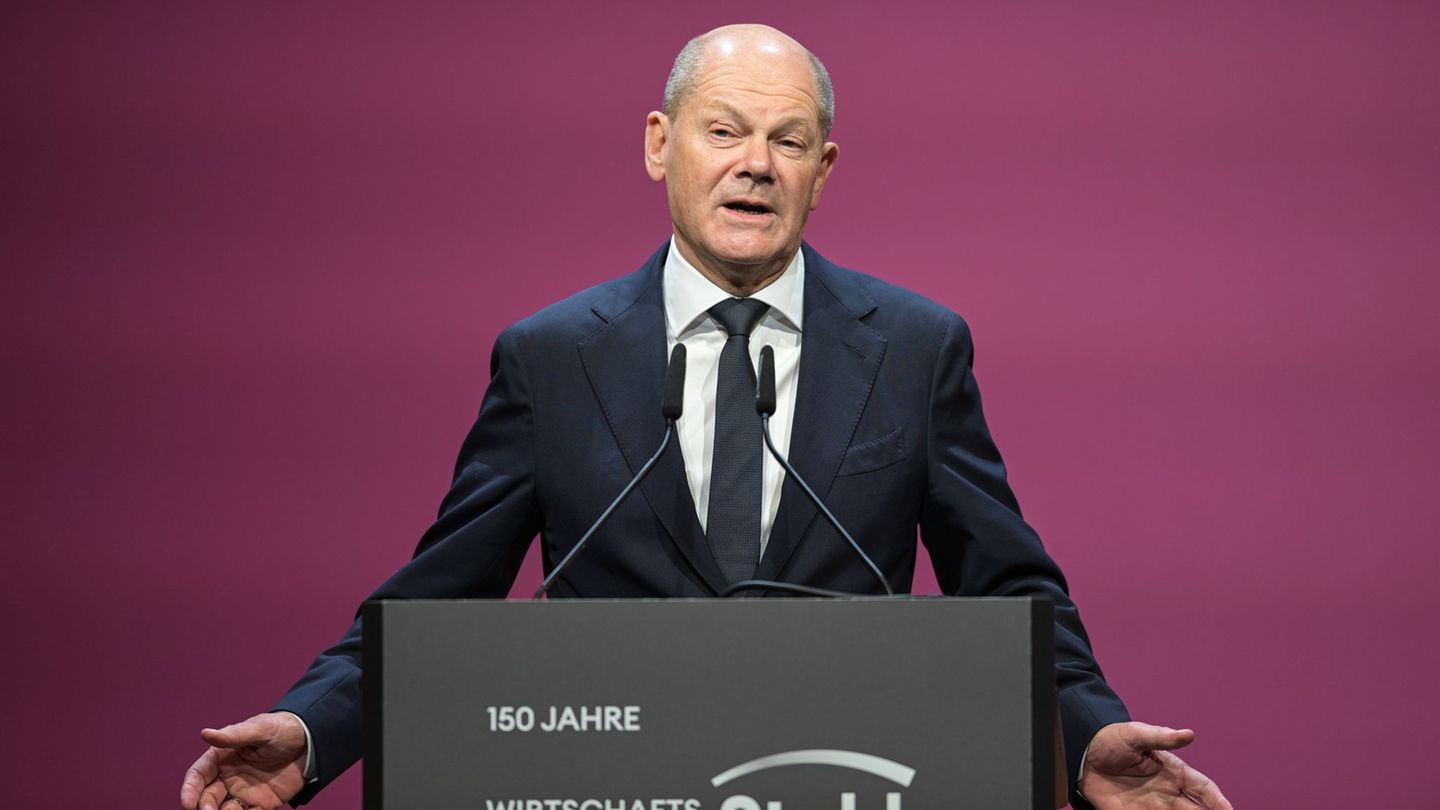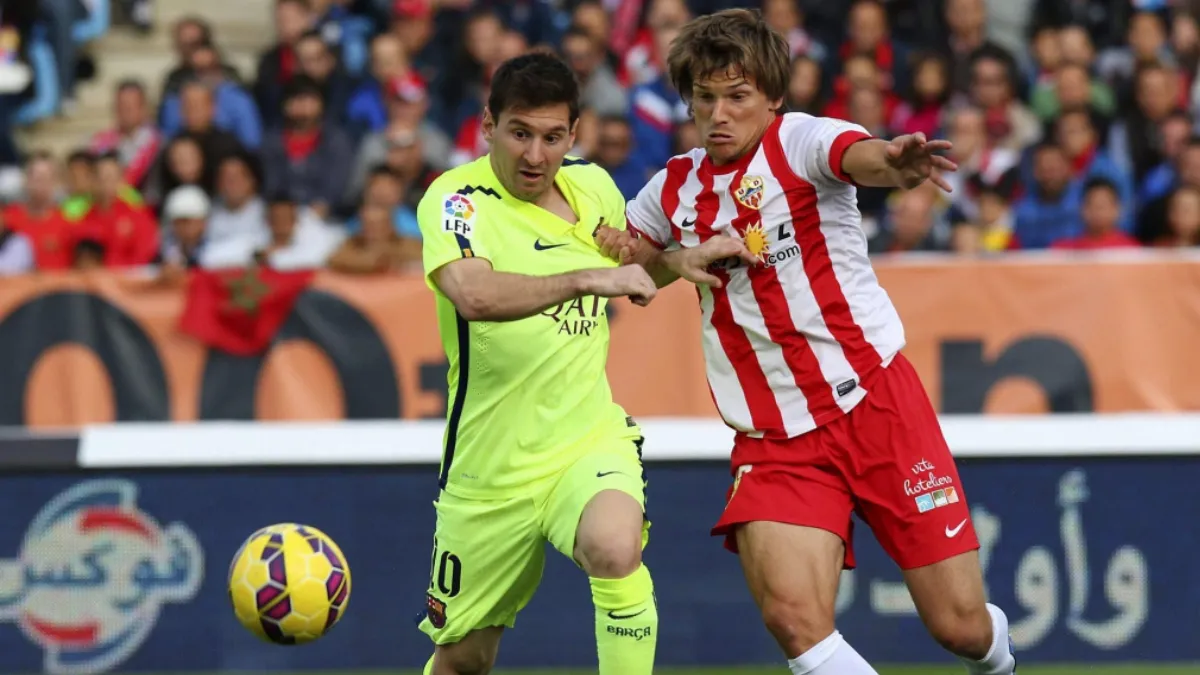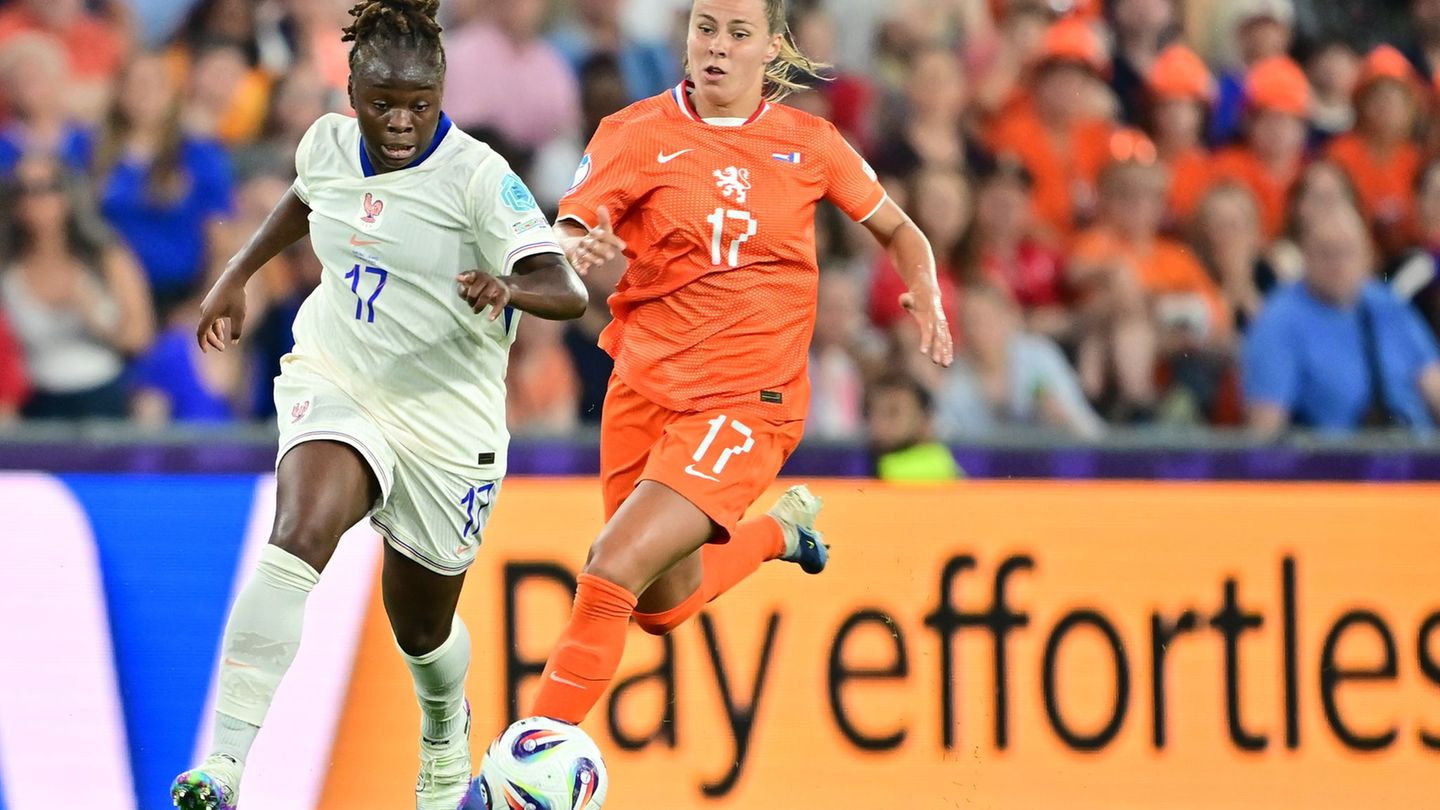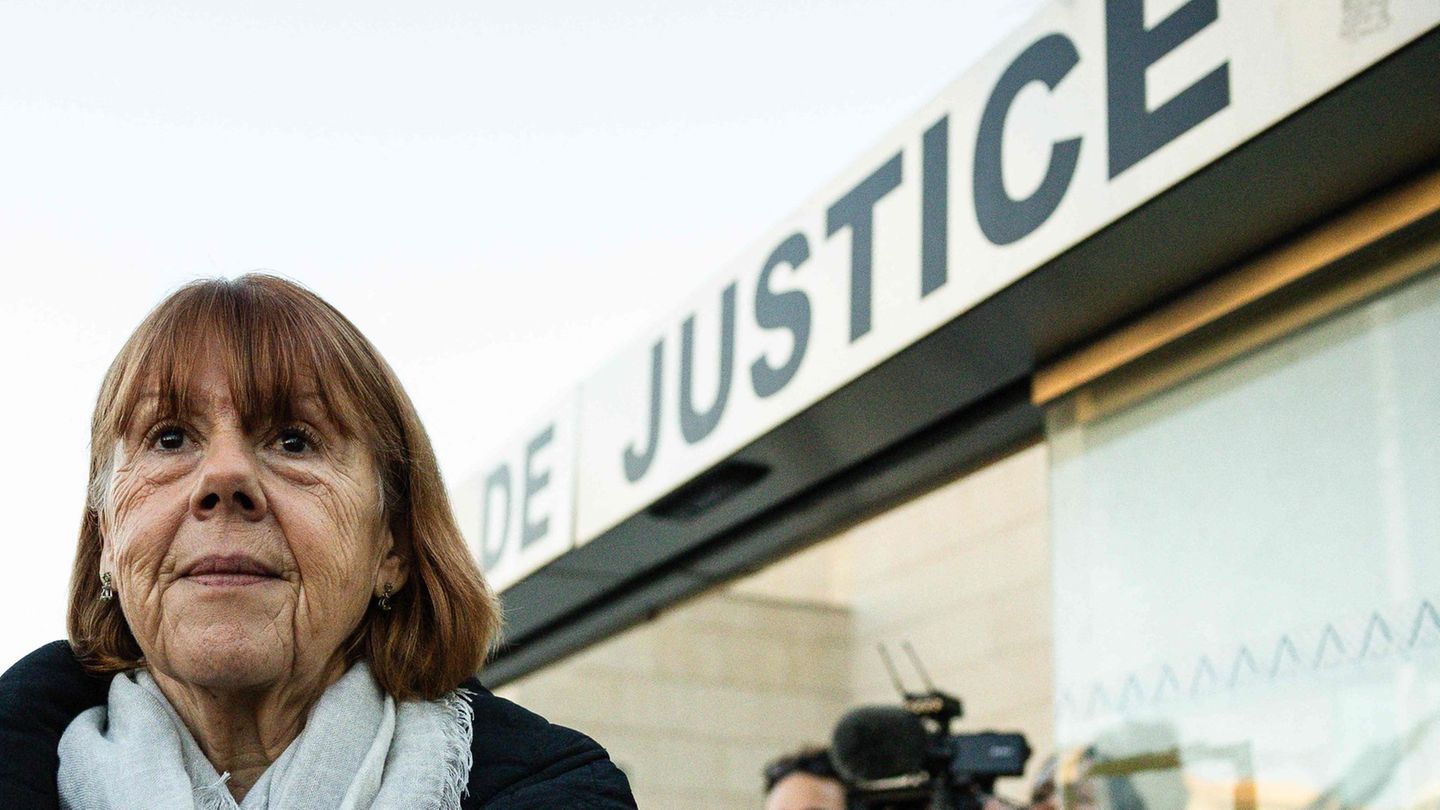Economic policy
Industrial summit at the Chancellor without a majority
Copy the current link
Despite the failure of the traffic light, the Chancellor is looking for ways to quickly relieve the burden on the industry. Whether this will succeed is completely open.
The Chancellor doesn’t have a majority – and the industry is putting pressure on him. More than a week after the failure of the traffic light coalition, Chancellor Olaf Scholz (SPD) is today meeting with representatives of business associations, companies and unions at a new industrial summit. Expectations are subdued and results are not expected. Because Scholz no longer has a majority in the Bundestag for possible billion-dollar projects. Financing would also be difficult.
Industry Chancellor Scholz?
After the first industry summit at the end of October, Scholz called for a “pact for industry” to be forged together. He is sticking to this even after the SPD, Greens and FDP have left the traffic lights, as the Chancellor made clear on Wednesday evening at a celebration of the 150th anniversary of the Steel Economic Association. The aim is to strengthen the industrial location and secure industrial jobs. This could also be a main message from the SPD in the upcoming election campaign. It’s all about cheap energy prices and reliable network fees, said Scholz. We need clarity on this question.
In a paper from the Chancellery on the coalition committee before the traffic lights were turned off, an expansion of the so-called electricity price compensation was also proposed. In order to help the ailing auto industry and stimulate weak demand for electric cars, depreciation for electric cars as company cars could be increased. Electric cars could also be exempt from vehicle tax for longer.
Companies under pressure
Business associations and companies have long complained about electricity prices that are high compared to international standards. In particular, network fees as part of the electricity price are rising; one cost driver is the expansion of the electricity network. This is at the expense of competitiveness and slows down investments. Germany is stuck in an economic downturn. The situation could worsen if US President-elect Donald Trump decides to impose higher import tariffs on imports from Europe.
The head of the steel manufacturer Georgsmarienhütte, Alexander Becker, described the problem on Wednesday evening at the Steel Association: Over the past ten years, the company has had average investments of 20 million euros per year in its main steelworks and energy costs of 40 million euros. The company now has energy costs of 80 million. “We no longer have room for investment.” This applies to all companies in the energy-intensive industry. From January onwards, network fees would have to be reduced significantly. “We’ve really talked long enough.”
A federal subsidy to partially finance the transmission network costs of up to 5.5 billion euros was actually planned for this year – in order to relieve the burden on companies. The money should come from the economic stabilization fund. However, as a result of a budget ruling by the Federal Constitutional Court, the federal government had to dissolve this special fund.
Economics Minister Robert Habeck (Greens) suggested using the freed-up Intel billions to reduce network fees. The first actually planned tranche of Intel funds could be used to reduce network fees by four billion euros next year. This would require a majority in the Bundestag’s budget committee. But red-green no longer has a majority after the traffic light failed. The CDU economic politician Julia Klöckner reacted cautiously. In addition, the new Finance Minister Jörg Kukies (SPD) wants to use the funding released by the postponement of the Intel chip factory in Magdeburg to prevent a budget freeze this year.
The President of the Steel Association, Gunnar Groebler, said that the “specter of deindustrialization” was haunting Germany. Electricity costs and network fees must be reduced “now”. The first chairwoman of the IG Metall union, Christiane Benner, said: “Action must now be taken.” She warned of job losses. Groebler and Benner are participants in the “Industry Summit”. But what can come out of the meeting, will the summit fail? Without a majority it would be very difficult for Scholz.
dpa
Source: Stern
I have been working in the news industry for over 6 years, first as a reporter and now as an editor. I have covered politics extensively, and my work has appeared in major newspapers and online news outlets around the world. In addition to my writing, I also contribute regularly to 24 Hours World.




